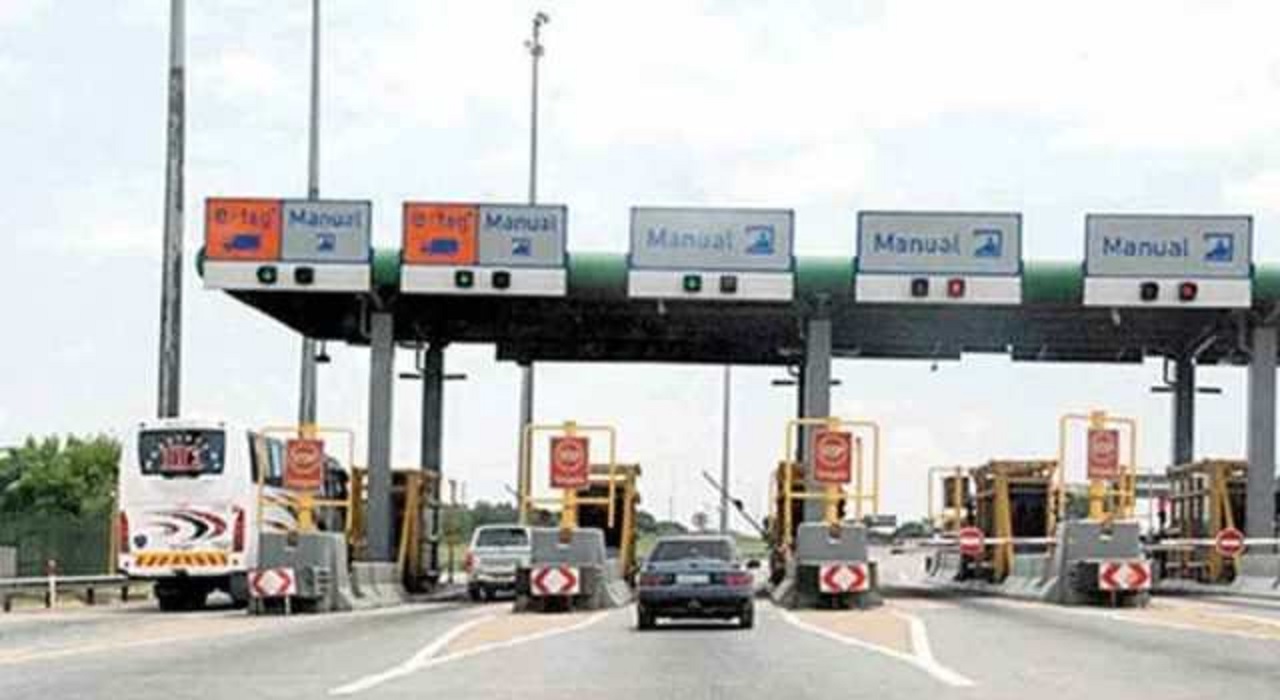The Seme border, a major crossing point between Nigeria and Benin, has been reopened for the importation of vehicles after four years of closure by the Nigerian government. This is a welcome development for the freight forwarders and other stakeholders who have been affected by the border closure since August 2019.
The border closure was aimed at curbing the smuggling of goods and weapons into Nigeria, but it also had negative impacts on the trade and movement of people between the two countries.
Many Nigerians and Beninese who had travelled to either country were stranded at the border, while the revenue of the Nigeria Customs Service (NCS) at the Seme border command declined significantly.
However, after several appeals and negotiations, the Nigerian government has finally approved the reopening of the border for vehicle importation. This was announced by Ibrahim Musa, the Director of Road Transport in the Ministry of Transportation, at an Economic Community of West African States (ECOWAS) meeting organised between officials of Nigeria and Benin yesterday.
Musa said that he had prepared a memo to that effect after the freight forwarders pleaded with him and the former Minister of State for Transportation to reactivate the border for free movement of goods and services.
He said that the memo was considered and sent to the Federal Executive Council (FEC), which adopted it and forwarded it to the new government.
Dera Nnadi, the Customs Area Controller of Seme Border Command, also confirmed that the government had okayed the reopening of the border after many considerations.
He said that he was hopeful that the reopening would boost the revenue generation of the command, which had dropped from N1.1 billion in September 2017 to N701.5 million in August 2019 due to the suspension of vehicle importation through the land borders.
The reopening of the Seme border is expected to enhance trade and economic integration between Nigeria and Benin, as well as other neighbouring West African countries. It is also expected to benefit the consumers who can now access cheaper and more variety of vehicles from across the border.
However, some challenges may still remain, such as the poor organisation and infrastructure of the border post, the frequent harassment and extortion by Nigerian officials at checkpoints along the road leading from the border, and the security risks posed by smugglers and illegal immigrants. These issues need to be addressed by both governments in order to ensure a smooth and sustainable operation of the border post.
